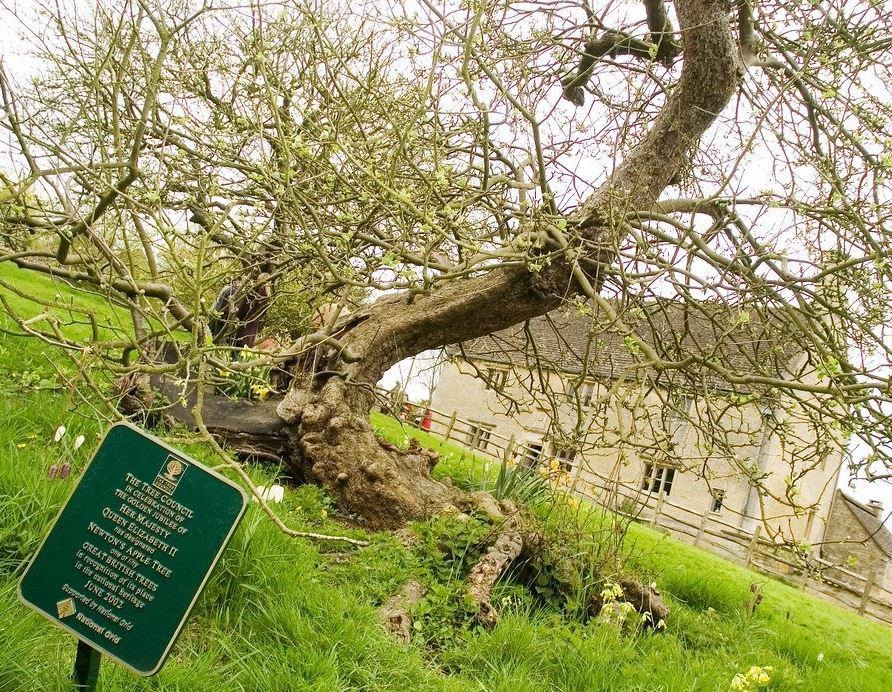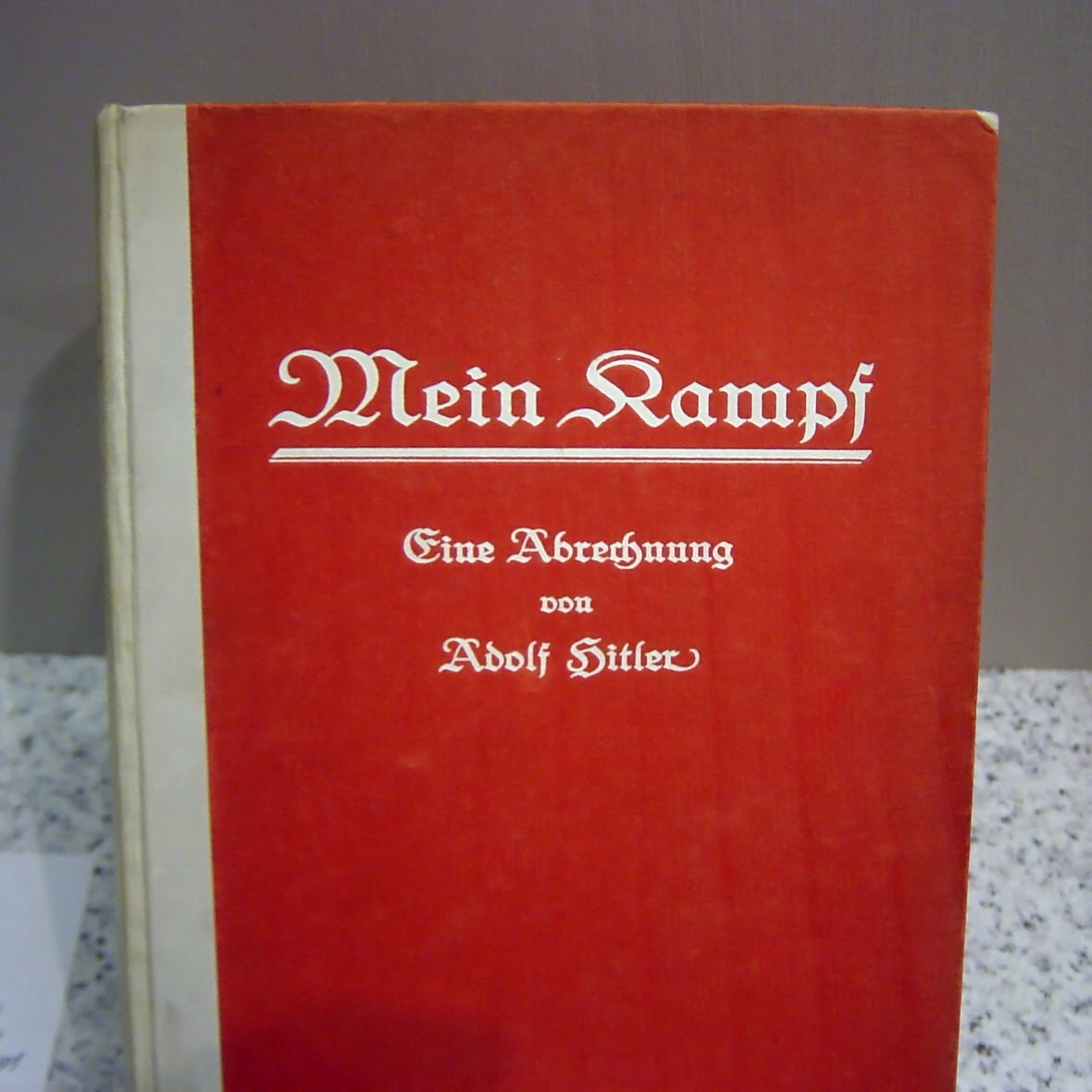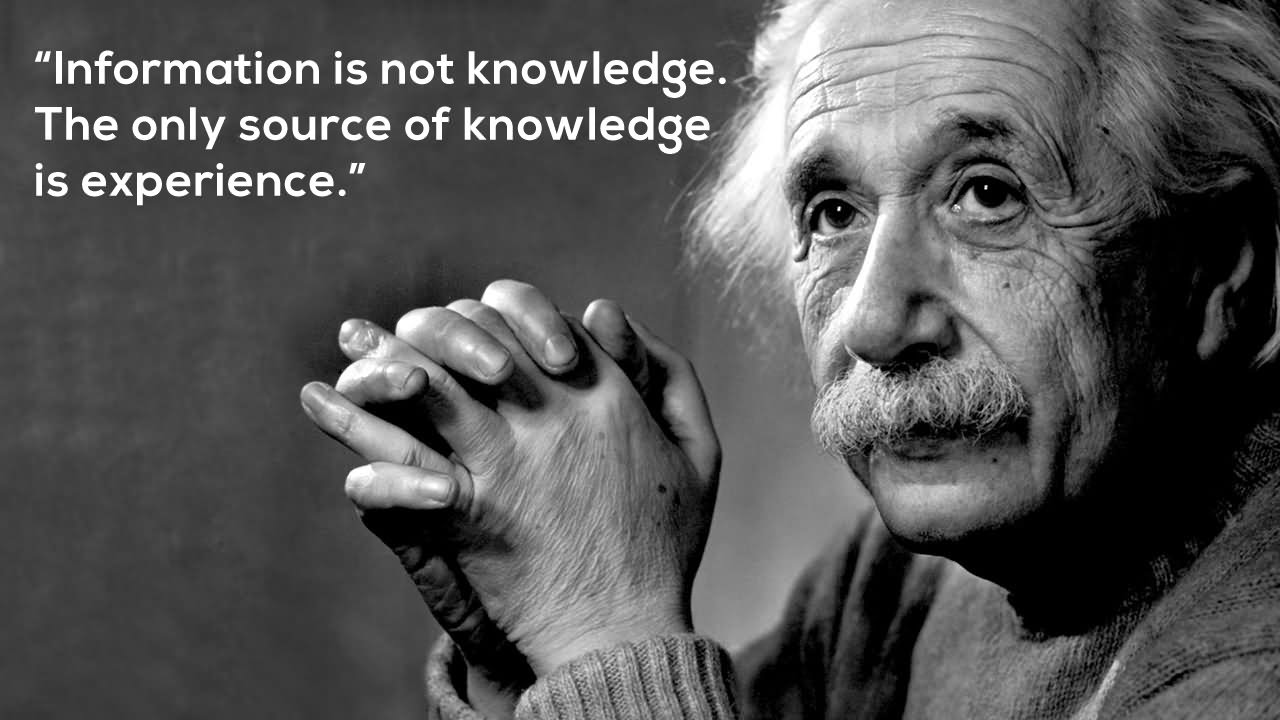KNOWLEDGE AND THE KNOWER
WHAT IS THE RELATIONSHIP BETWEEN PERSONAL EXPERIENCE AND KNOWLEDGE?

“Isaac Newton's Apple Tree Is Still Alive after over 400 Years.” Fact
Source, 19 June 2020,
source
My first object is a representation of Isaac Newton's famous encounter with an apple falling from a tree. Knowledge includes a lot of application, and taking proper action in our day to day life based on what we already know, observe and experience. The best knowledge we can have is the one we experience, since it leaves marks on us that are more efficient at understanding what is going on. The experience Newton had at watching the apple falling straight to the ground instead of falling upwards or sideways is what made him invent the laws of gravity. The personal experience he had by watching the attraction of the apple and the ground, expanded his knowledge in a way he started questioning what he just experienced. Along with this, Newton had a base of previous knowledge before discovering gravity, which helped him with his discovery. In other words, Newton had theoretical knowledge that explained his affirmation as verifiable. It was this personal experience that advanced knowledge in the field of science by discovering the laws of gravity. This is what personal experience and knowledge is about. Newton could have chosen to not share his experience and the knowledge he gained with the world, but instead, he shared what he went through, for people to react and add more possible knowledge to the original event, creating the best usefulness of the experience. As a result, Newton had a moral responsibility by knowing what he just discovered, since he could decide what to do with this information. We can conclude that the apple that fell on Newton's head is the basis leading to research and discoveries that lead to the establishment of modern quantitative science in relation to gravity. Newton’s expectations and assumptions of the apple falling off the tree impacted how he perceived this, since anyone else could have seen a simple apple falling from a tree, but Newton questioned this, and later developed his laws of universal gravitation.

